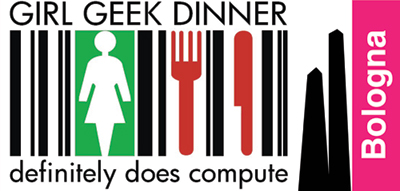It’s been a few years now since, for my Master’s degree, I embarked on a year-long investigation of the non-artistic elements necessary for success in “Theater as a Tool for Development” initiatives. It’s a subject that remains a very big interest for me. I wish I had the time and resources to research it further!
There are numerous organizations using theater techniques as part of their community development / education activities all over the world – for instance, to educate children about a health issue – and there are also numerous initiatives, publications, web sites and individuals that promote and chronicle successes regarding live, in-person performance as an effective tool for development. Even in our current age saturated with multi-media, live, in-person performance/TfD is a popular and effective tool for education, outreach and capacity-building regarding a variety of development issues, such as HIV/AIDS prevention, domestic violence, evolving gender roles, or good sanitation practices
However, there is little information on what has to be in place before these techniques are used, excluding performer training, to better ensure that these techniques will be well-received by an audience/participants, and to better ensure that the desired outcomes will be generated. My research was meant to fill in a bit of that gap. And my conclusion? Without deliberate, thoughtful cultivation of support for and trust in such an initiative among staff at the lead agency, among partner organizations, and among those for whom the theater-for-development techniques will be used, and without clear definitions of what everyone expects from TfD activities, such efforts will fail, no matter how experienced or enthusiastic your artistic staff is. In fact, in one case I studied, not doing this groundwork before hand turned out to be deadly.
My project included a review of key literature on TfD, and semi-structured interviews with 12 TfD practitioners. You can read online:
- the hypotheses I drafted and worked from in conducting my investigation
- the key TfD-related resources and TfD initiatives that helped significantly in my investigation
- my questionnaire design
- my key findings from my research
If you have undertaken similar research – not about theater as a tool for development, but specifically what needs to happen before such activities take place in order for them to be successful, give me a shout.

